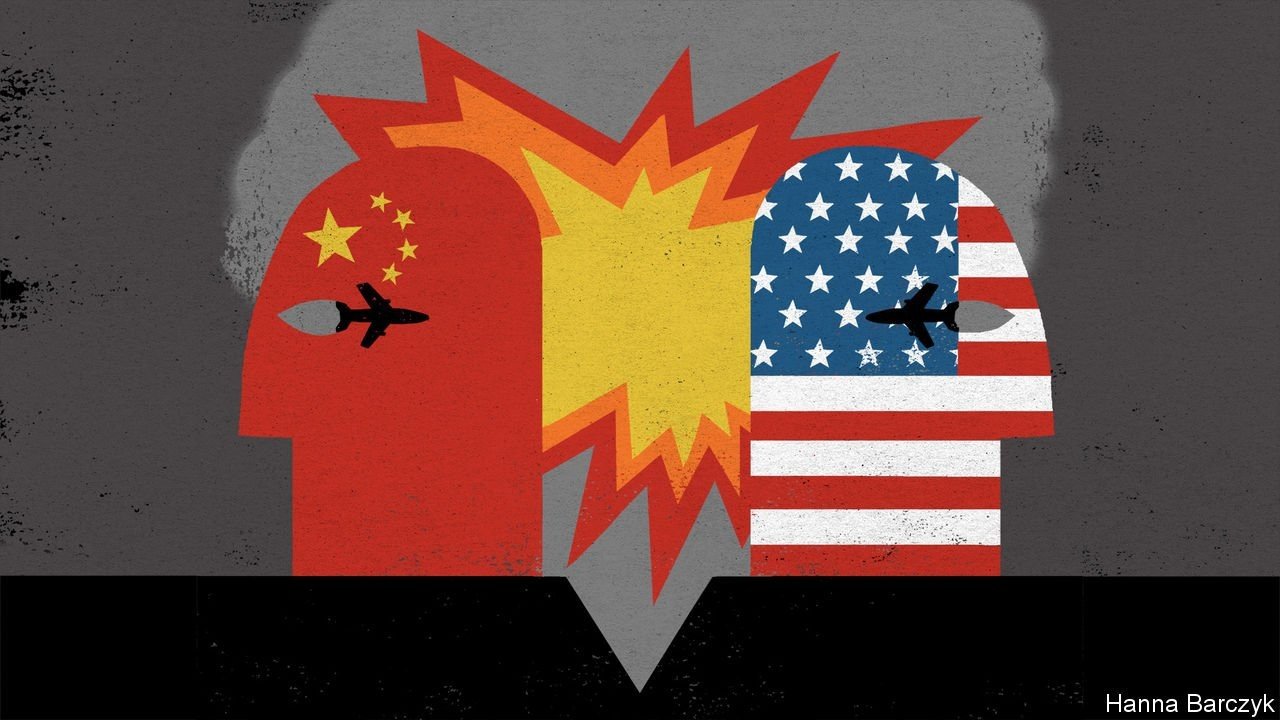China trying to fill the gaps made by US in Middle East
In the month of January 2022 alone, many senior representatives from prosperous Arab countries have visited China to discuss investments in security technology, infrastructure and energy resources including oil. Saudi Arabia, Iran and Turkey were the key visitors on Sino soil as China and the Middle are looking to mutually benefit themselves out of Sino-Arab co-operation.
The first foreign minister to come to China was Saudi Arabia’s Faisal bin Farhan Al Saud. A meeting between Faisal Al Saud and Wang Yi (Foreign Minister and State Councillor) was held in Wuxi, Jiangsu province of East China on 10th January. The prime objective of this meeting was to discuss strategic partnership among the two nations and investment in the Middle East by China. The two nations expressed their great interest in each other’s Marquee schemes such as “Vision 2030” and “Green Middle East” of Saudi Arabia and “Belt and Road Initiative” of China.
Other noted foreign Ministers to visit China in January 2022 alone were Kuwait’s Sheikh Ahmad Nasser Al-Mohammad Al-Sabah, Oman’s Sayyid BadrAlbusaidi and Bahrain’s Dr Abdullatif bin Rashid Al-Zayani. These statesmen were also joined by Dr Nayef Falah M. Al-Hajraf the Secretary-General of GCC. Analysts believe that these meetings may pave the way for a China-GCC FTA(Free Trade Agreements).
Turkey’s Foreign Minister MevlütÇavuşoğlu also arrived in China on January 12, 2022. Similarly, Hossein Amir-Abdollahian, foreign minister of Iran landed in China on 14th January 2022.
These visits by prominent Arab countries are not just for investments in the Middle East or trade-offs. Experts believe that it might prove to be a symbiotic relationship where both can develop mutual co-operation. Most of the Arab countries have abundant natural resources which could be traded cheaply with China. China buys almost half of its oil supply from the Middle East and China needs more oil to boost its economy. Further, these resources can propel industrialisation and technical enhancements in the Middle East as well in which China can contribute greatly.
Apart from physical visits, there have been many virtual meetings as well between the Arab nations and China. In the last week of January 2022, Saudi’s deputy Defence Ministry was engaged in bilateral talks with Wei Fenghe, Secretary of Defence of China. The major talks were around the political issues and defence relations between China and Saudi Arabia.
Saudi Arabia has also shown a similar level of engagement amidst the blooming Sino-Arab relationship. Recently, Saudi Arabia hosted the Riyadh Season wherein Saudi Arabia celebrated the Chinese culture by celebrating the Chinese New Year in the prominent Riyadh City Boulevard. The festival was launched in October 2021 and will continue till March 2022. To show its further support, Mohammad Bin Salman, Saudi Crown Prince, will be visiting Beijing to attend the Winter Olympics 2022’s opening ceremony.
China has also contributed greatly in these trying COVID times. China’s pharmaceutical juggernaut, Sinopharm has developed a local COVID vaccine manufacturing plant in the KIZAD zone of UAE. This manufacturing facility was built in co-operation with Group 42, a local company of UAE. This plant can produce up to 200 million doses a year which is to be supplied in the Middle East, African and Asian regions. China has also played in the reconstruction of war-torn Syria.
Interestingly, there have been talks among China and Iran to revive the 2015 Iranian Nuclear Deal. Foreign Minister of Iran, Hossein Amir-Abdollahian confirmed that the nation is in direct talks with P4+1, a group comprising of Germany and permanent four members of the Security Council, i.e., the UK, France, China, and Russia. These talks gain significance in the light of Vienna looking to lift to US Sanctions in which China could play a vital role. Further, the Iranian Foreign Minister also confirmed indirect communications with the USA.
In a report by NY Times,1 analysts claim that in a larger picture, China’s reluctance in engaging in regional politics unlike the USA could prove to be deleterious for Sino-Arab relations. That is why these Middle Eastern are treading carefully not to disengage the USA completely while simultaneously expanding relations with China.











